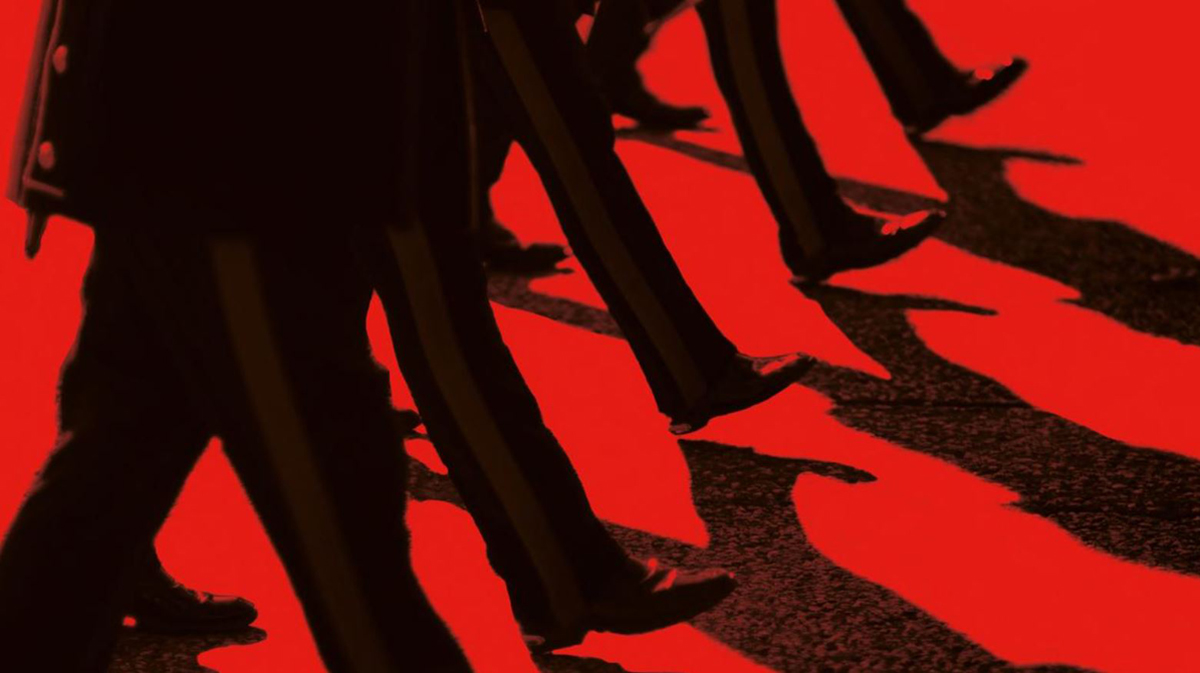Libraries and schools across the country are experiencing unprecedented levels of attempts to ban or remove books from their shelves. I Love Libraries will continue to raise awareness by highlighting attempts to censor library materials, as well as efforts by librarians, parents, students, and concerned citizens to push back against them. This report includes news from Iowa, Massachusetts, Virginia, and Texas.
Iowa teachers union calls on schools to restore banned books
The Iowa State Education Association (ISEA) has called on public school superintendents to return to school library shelves books that have been banned and removed under a far-reaching education law that has been halted by a federal judge’s injunction, reports the Des Moines Register.
ISEA President Mike Beranek made the request in an email to superintendents at all of Iowa’s 325 public school districts on January 23. The association sent a similar letter to more than 2,500 union leaders the day before.
While the federal injunction remains in place, “any books removed from your school district’s classroom or library shelves in an attempt to comply with Senate File 496 should be returned,” Beranek wrote in the letter to superintendents.
Under Senate File 496, Iowa school districts are banned from instruction and curriculum pertaining to gender identity and sexual orientation through the sixth grade, and most books depicting sex acts are barred from schools. The law also requires school administrators to inform a child’s caregiver if a child requests to use a different name or pronouns.
Two lawsuits filed last year in federal court are challenging portions of the law pertaining to books and the prohibition on instructional topics. As a result of one lawsuit, a U.S. District Court judge blocked parts of the law pertaining to books and instruction just days before Senate File 496’s penalties went into effect.
Book ‘ban’ reversed in Massachusetts elementary school after community reacts
A book removed from an elementary school library in North Attleborough, Massachusetts, will be returned to shelves after uproar from the community, reports Boston.com.
Superintendent John Antonucci apologized for the decision to reassign Woke: A Young Poet’s Call to Justice to the teachers’ resource library at Martin Elementary School, he said in a January 23 statement. He said the decision “missed the mark.”
Woke: A Young Poet’s Call to Justice is a book of poems written by Mahogany L. Browne, Elizabeth Acevedo, and Olivia Gatwood that touches on social justice activism, discrimination, empathy, and joy, and includes sections on topics like ableism, body positivity, equality, community, and activism.
The book’s removal last May prompted a large reaction in the community and became a point of public discussion after being featured in a Boston Globe report on book bans across the state.
Virginia students protest temporary book bans
Students from multiple schools in a Virginia county walked out in protest of the recent book bans ordered by the local school board, reports WHSV 3.
On January 24, high school students in Rockingham County organized walk-out events and peaceful protests to protest decisions made by school board officials. On January 9, Rockingham County School Board voted to temporarily ban 57 different titles in the county’s public school libraries because of “vulgar themes and pornographic materials.”
“They’re telling us that they don’t respect us students and individuals and they don’t trust us to read the books and dictate what we want to read and be mature enough to handle the content in these books,” one student from East Rockingham High School said at one of the protests. “More than half the time we are limited, it is demeaning.”
View the list of banned books here.
U.S. appeals court blocks Texas law that could ban or restrict library books
A federal appeals court on January 17 blocked a Texas law that would require ratings from booksellers that deal with school libraries, reports NBC News.
The 5th U.S. Circuit Court of Appeals, based in New Orleans, agreed with a lower court that found the law unconstitutional and said in its decision that the state could not violate the Constitution.
“We agree with the State that it has an interest in protecting children from harmful library materials. But ‘neither [the State] nor the public has any interest in enforcing a regulation that violates federal law,'” the appeals court wrote.
The decision bars the Texas Education Agency from enforcing the law. The law, passed last year by the Republican-controlled legislature, would have forced any bookseller to public schools to rate books for sexual content. The law prompted warnings that its broad language could lead classics like Romeo and Juliet, Of Mice and Men, Maus, and I Know Why the Caged Bird Sings to be banned or restricted, according to a lawsuit booksellers filed last year.
“This is a good day for bookstores, readers, and free expression,” the plaintiffs said in a joint statement.
Take action
Alarmed by the escalating attempts to censor books? Here are five steps you can take now to protect the freedom to read.
- Follow news and social media in your community and state to keep apprised of organizations working to censor library or school materials.
2. Show up for library workers at school or library board meetings and speak as a library advocate and community stakeholder who supports a parent’s right to restrict reading materials for their own child but not for all
3. Help provide a safety net for library professionals as they defend intellectual freedom in their communities by giving to the LeRoy C. Merritt Humanitarian Fund.
4. Educate friends, neighbors, and family members about censorship and how it harms communities. Share information from Banned Books Week.
5. Join the Unite Against Book Bans movement and visit our Fight Censorship page to learn what you can do to defend the freedom to read in your community.
Subscribe to the I Love Libraries newsletter! You’ll get monthly updates on library news, advocacy updates, book interviews, book info, and more!




